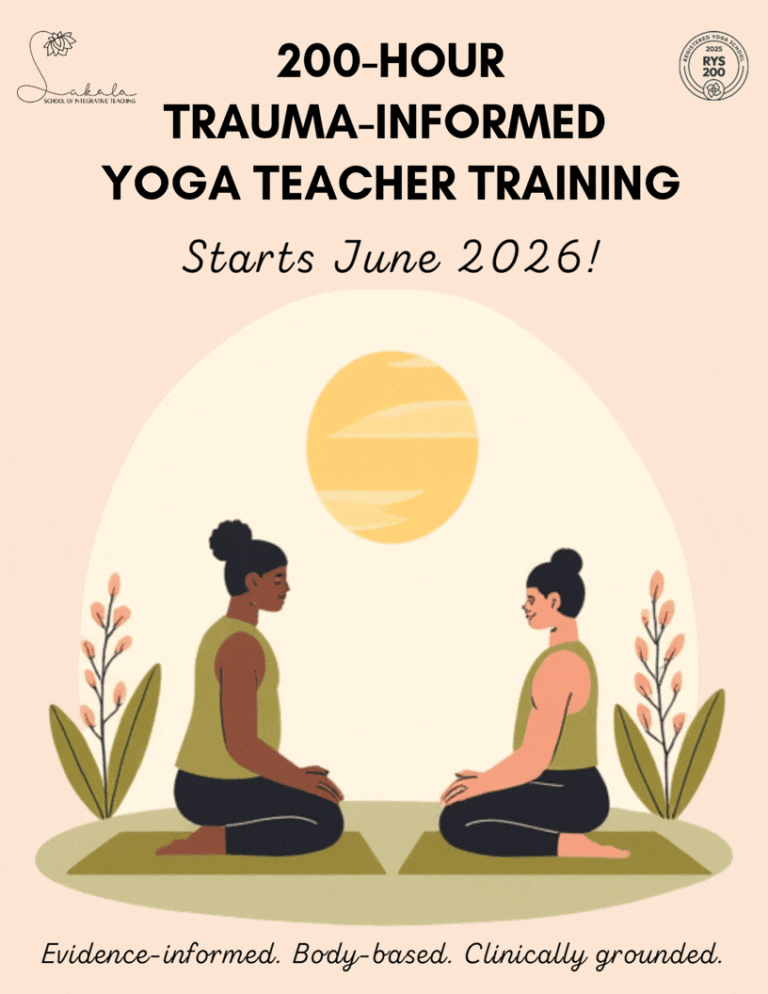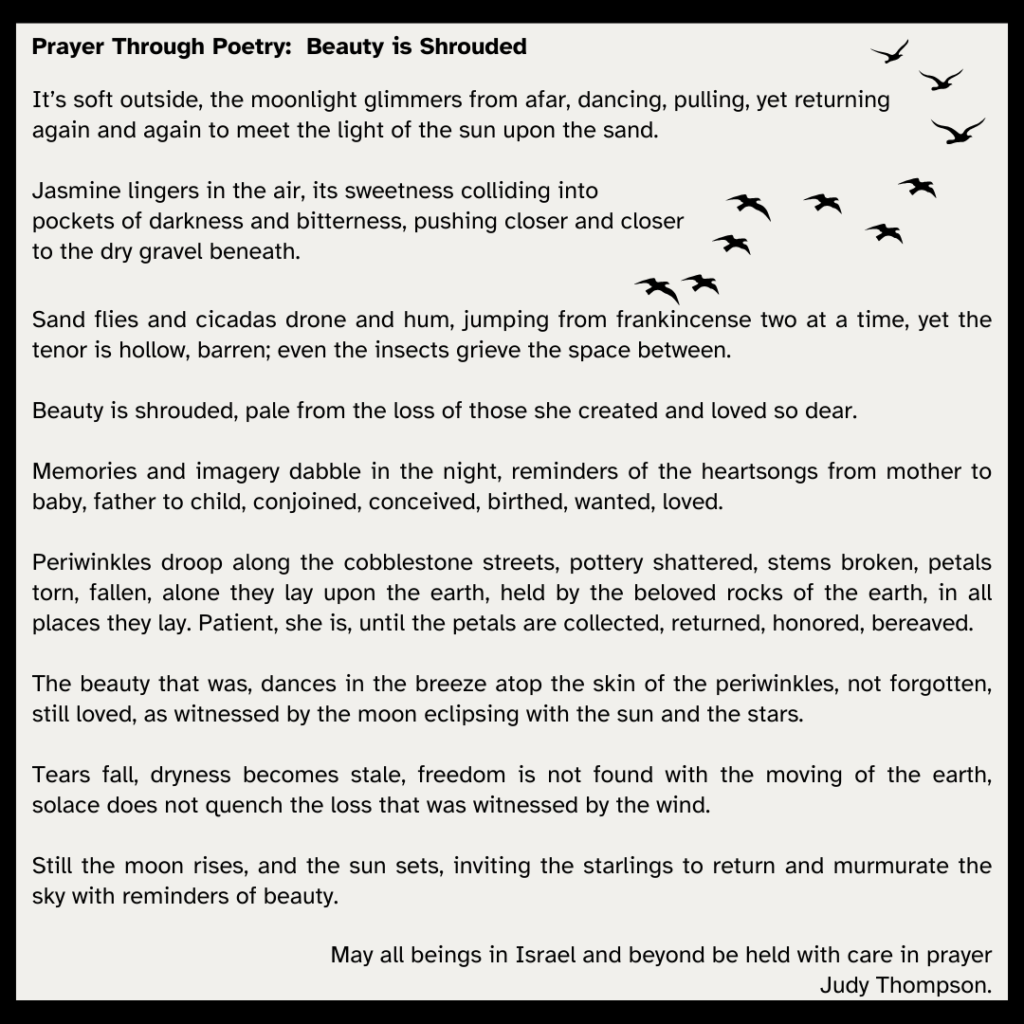Understanding the Interrelationship of Lies and Fear: Exploring Agency and Choice in Human Psychology

Understanding the Psychology of Lying
Lying is a complex and deeply ingrained behavior that has intrigued psychologists and researchers for centuries. At its core, the psychology of lying takes into account the intricacies of human behavior, perception, and decision-making processes. Understanding why individuals choose to deceive others, the cognitive dissonance that arises from dishonesty, and the broader implications on relationships and society reveals a complex number of factors at play.
Key Points to Consider:
-
Deception as a Coping Mechanism: People often resort to lies as a coping mechanism in challenging situations. The fear of consequences, social pressure, or the need to uphold a certain image can drive individuals to deceive others.
-
Cognitive Dissonance and Truth Seeking: When individuals engage in deceptive behavior, they may experience cognitive dissonance, a discomfort caused by holding conflicting beliefs or values. This internal turmoil can lead to a deeper exploration of one’s truth-seeking tendencies.
-
Impact on Perception and Decision Making: The psychology of lying intersects with how individuals perceive reality and make decisions. Deception can cloud judgment, distort reality, and influence decision-making processes, thereby affecting relationships and personal integrity.
-
Belief Systems and Self-Awareness: Deception challenges belief systems and self-awareness, prompting individuals to confront their values, morals, and ethical boundaries. Understanding the motivations behind lying can shed light on one’s internal compass and moral standings.
-
Emotional Cues and Behavioral Patterns: Unraveling the psychology of lying involves examining emotional cues, body language, and verbal cues that may indicate deception. Identifying behavioral patterns and subconscious cues can aid in truth detection and navigating complex social interactions.
-
Neurological Pathways and Psychological Triggers: Lying triggers intricate neural pathways in the brain, leading to physiological reactions and cognitive shifts. By studying these responses, researchers can gain insights into the underlying mechanisms of deception and its impact on the mind.
-
Ethical Dilemmas and Situational Factors: Ethical dilemmas often arise when exploring the psychology of lying. Situational factors, social norms, and cultural influences play a crucial role in shaping deceptive behavior and the perception of truth in diverse contexts.
The Relationship Between Fear Response and Deception
Fear is a powerful emotion that can shape our thoughts, actions, and even our perception of reality. When it comes to understanding the psychology of lying, exploring the relationship between fear response and deception is crucial. Fear can trigger deceptive behaviors in individuals, leading them to resort to falsehoods as a means of self-preservation or avoidance of consequences.
Our fear response is deeply ingrained in our evolutionary history, with roots that extend back to our ancestors’ survival mechanisms. When faced with a perceived threat or danger, the body activates a physiological cascade of reactions – increased heart rate, heightened senses, and a rush of adrenaline. In the context of deception, this fear response can manifest as an internal conflict between the desire to protect oneself and the moral implications of lying.
Human behavior is complex, often driven by a myriad of factors including cognitive dissonance, self-awareness, and ethical dilemmas. When individuals find themselves in situations where the truth may cause harm or discomfort, the fear response can cloud their judgment, leading them to distort information or withhold crucial details. This interplay between fear and deception highlights the intricate relationship between our emotional cues and behavioral patterns.
Moreover, the fear of being caught in a lie can further perpetuate a cycle of deceit, as individuals navigate the delicate balance between concealing the truth and maintaining their credibility. The subconscious mind plays a significant role in this dynamic, as hidden motivations and biases can influence our decision-making processes without our conscious awareness.
Exploring the Concept of Agency in Decision Making
The notion of agency encompasses an individual’s ability to make choices and take actions that shape their lives. It is a fundamental aspect of understanding human psychology and behavior, shedding light on the dynamics of free will and personal responsibility.
-
Empowerment through Choice: Agency in decision-making empowers individuals to exercise their autonomy and freedom in choosing how to act in various situations. This sense of control over one’s actions can greatly impact an individual’s self-esteem, motivation, and overall well-being.
-
Influence of Belief Systems: Decision-making is intricately linked to an individual’s belief systems and values. These internal frameworks shape perceptions, priorities, and preferences, ultimately guiding the choices individuals make in their daily lives. Awareness of one’s belief systems is crucial in understanding the underlying drivers of decision-making processes.
-
Navigating Ethical Dilemmas: The concept of agency becomes particularly obvious when individuals are faced with ethical dilemmas or moral conflicts. In such situations, the choices made not only reflect personal values but also contribute to the construction of one’s moral compass. Examining how individuals navigate these complex ethical landscapes provides valuable insights into the interplay between agency, choice, and morality.
-
Self-Awareness and Decision-Making: Self-awareness plays a pivotal role in enhancing agency in decision-making. Being attuned to one’s thought processes, emotional cues, and behavioral patterns allows individuals to make more conscious and intentional choices. By fostering self-awareness, individuals can align their decisions with their values and goals, leading to a greater sense of agency.
-
Cognitive Processes and Neural Pathways: The complexities of decision-making extend beyond conscious deliberation, involving intricate cognitive processes and neural pathways. Understanding how the brain processes information, evaluates options, and reaches decisions offers valuable insights into the mechanisms underlying agency. Neural studies have shown that decision-making is a multifaceted process influenced by various factors, including past experiences, situational cues, and emotional responses.
-
Agency in Social Contexts: The concept of agency also operates within social contexts, where external influences and interactions shape an individual’s decision-making processes. Social norms, expectations, and peer influences can either support or constrain an individual’s agency, highlighting the interconnected nature of personal choice and social dynamics.
The Role of Choice in Shaping Belief Systems
Our belief systems are the culmination of our experiences, upbringing, societal influences, and personal choices. Each decision we make, consciously or subconsciously, plays a pivotal role in shaping our beliefs and values. Understanding how choice impacts belief systems provides a fascinating insight into the intricacies of human psychology and behavior.
Choice is a powerful tool that guides our actions and decisions on a daily basis. When it comes to shaping belief systems, the choices we make can either reinforce existing beliefs or challenge them. For example, when faced with conflicting information that challenges our current beliefs, we have the choice to either dismiss it to maintain cognitive consistency or embrace it and potentially alter our beliefs.
Moreover, the concept of choice extends beyond individual decisions and encompasses the broader framework of societal and cultural influences. The environment in which we exist often presents us with limited choices, influencing the development of our belief systems. Social norms, religious teachings, and media portrayals all contribute to the choices available to us and consequently shape our beliefs.
Our belief systems serve as a foundation for our identity and worldview. The choices we make in upholding or questioning these beliefs can lead to internal conflict, known as cognitive dissonance. This psychological phenomenon highlights the tension that arises when our actions contradict our beliefs, prompting us to reevaluate our choices and belief systems.
The role of choice in shaping belief systems also intersects with the notions of agency and free will. By recognizing that we have the autonomy to make choices that align with our values and beliefs, we empower ourselves to shape our own reality. This sense of agency promotes self-awareness and a deeper understanding of the motivations behind our choices.
Our beliefs are not solely the result of rational deliberation but also stem from ingrained biases, emotional cues, and past experiences stored in our subconscious mind.
Unconscious Bias and its Influence on Truth Perception
Unconscious biases are like the silent puppeteers of our minds, pulling the strings of our perceptions and beliefs without us even realizing. These deep-rooted biases shape the lens through which we view the world, influencing how we interpret information and make judgments. In the realm of truth perception, unconscious biases can be particularly harmful, clouding our ability to see things as they truly are.
Here are some ways in which unconscious biases seep into our truth perception:
-
Perceptual Filters: Our brains are constantly bombarded with a barrage of stimuli, and to make sense of this sensory overload, our minds rely on perceptual filters. These filters are shaped by our past experiences, cultural influences, and societal norms, leading us to selectively focus on certain aspects of reality while ignoring others. This selective attention can warp our perception of truth, as we unconsciously filter out information that contradicts our existing beliefs.
-
Confirmation Bias: One of the most prevalent forms of unconscious bias, confirmation bias refers to our tendency to seek out information that confirms our preexisting beliefs and ignore evidence that challenges them. This bias can create an echo chamber effect, where we surround ourselves with like-minded individuals and sources that reinforce what we already believe to be true.
-
Implicit Associations: Deep within our subconscious minds lie implicit associations – mental connections between concepts that we may not be aware of. These associations can color our perception of reality, leading us to make snap judgments based on ingrained stereotypes or prejudices. For example, a person may unconsciously associate authority with truthfulness, leading them to believe false information simply because it comes from a perceived authority figure.
-
Emotional Influences: Our emotions play a significant role in shaping our perceptions of truth. Fear, anger, joy, and sadness can all influence how we process information, with emotionally charged events often leading to skewed judgments. When our emotions are running high, our cognitive processes may be compromised, making us more susceptible to misinformation and manipulation.
-
Social Influence: Humans are social creatures, and our need for social connection can sometimes override our commitment to truth seeking. When we are surrounded by individuals who share a particular belief, we may conform to group norms to maintain social cohesion, even if it means compromising our own commitment to truth.
Embodied Fear: How Physiological Reactions Impact Behavior
Fear is a powerful and primal emotion that has a profound impact on human behavior. When faced with a threat or a stressful situation, our bodies go into a state of heightened alertness, triggering a complex cascade of physiological reactions. These reactions, collectively known as the fear response, are designed to prepare us for a fight-or-flight response, enabling us to react quickly to perceived danger.
One key aspect of the fear response is its embodiment in our physical being. Our bodies react to fear not just on a psychological level, but also on a physiological one. When we experience fear, our heart rate increases, our muscles tense up, and adrenaline floods our system, priming us for action. These physical changes are automatic and often beyond our conscious control, highlighting the deep-seated connection between our minds and bodies.
In the realm of psychology, understanding how these physiological reactions impact our behavior is crucial. Research has shown that our bodily responses to fear can influence the decisions we make, the actions we take, and even the way we perceive the world around us. For example, in a state of fear, our cognitive processes may be altered, leading us to prioritize immediate safety over long-term benefits or to perceive threats where none exist.
Embodied fear can also manifest in subtle ways, influencing our interactions with others. Our body language, facial expressions, and vocal cues can convey our fear to those around us, shaping their responses and interactions with us. Moreover, our own perception of reality can be distorted by our physiological reactions to fear, leading to misunderstandings, conflict, and irrational decision-making.
Recognizing the impact of embodied fear on behavior is essential for gaining insight into human nature and the complexities of our decision-making processes. By understanding how our physiological responses to fear can override our rational thought processes, we can begin to unravel the intricate relationship between our minds and bodies. This awareness can empower us to navigate situations of fear more effectively, allowing us to make conscious choices rather than falling prey to unconscious biases or knee-jerk reactions.
Embodied fear serves as a reminder of the interconnectedness of our physical and psychological selves. By exploring how our physiological reactions impact our behavior, we gain a deeper appreciation for the complexities of human nature and the profound influence of fear on our decision-making processes.
Recognizing Free Will and Choice
Let’s consider the nuances of recognizing and understanding the extent to which individuals possess agency over their decisions and the implications this has on their beliefs and behaviors.
-
Navigating the Realm of Choice: Agency and choice are often intertwined with the concept of free will – the ability to make decisions unconstrained by external forces. Individuals navigate complex scenarios, weighing decisions based on a myriad of factors such as personal values, experiences, and cognitive processes. Understanding the interplay between these elements offers a glimpse into the intricate workings of the human mind.
-
The Influence of External Factors: While free will suggests autonomy in decision-making, external influences can exert a significant impact on the choices individuals make. Social norms, cultural expectations, and situational factors can sway decisions, sometimes leading individuals to act in ways that may not align with their intrinsic beliefs. Acknowledging these external forces is essential in comprehending the subtleties of agency and choice.
-
Ethical Dilemmas and Moral Compass: The intersection of agency and choice often comes to the fore in ethical dilemmas, where individuals are faced with decisions that challenge their moral compass. In such scenarios, the exercise of free will becomes a litmus test of one’s values and principles, illuminating the intricate dynamics between personal agency and external moral frameworks.
-
The Conscious vs. Subconscious Mind: Delving deeper, it becomes evident that decisions are not solely rooted in conscious thought processes. The subconscious mind plays a crucial role in shaping choices, often driven by ingrained patterns, emotional cues, and subconscious biases. Recognizing the interplay between the conscious and subconscious realms sheds light on the multifaceted nature of agency and choice.
-
Empowering Self-Awareness: Acknowledging the presence of agency and choice empowers individuals to cultivate self-awareness and introspection. By recognizing the underlying mechanisms that influence decision-making, individuals can navigate their thought processes with greater clarity, fostering a deeper understanding of the motivations driving their actions.
-
Embracing Cognitive Freedom: At its core, recognizing free will and choice opens the door to cognitive freedom – the ability to align actions with personal agency and values. Embracing this freedom entails a journey of introspection and self-discovery, where individuals confront their decision-making processes with honesty and openness.







